This guide explores the complexities of relationships between Black men and women, offering insights into historical, cultural, and emotional dynamics to foster mutual understanding and respect.
Purpose and Scope of the Guide
This guide aims to foster understanding and respect between Black men and women by addressing historical, cultural, and emotional dynamics. It provides a framework for open dialogue, mutual respect, and growth, helping to bridge gaps created by societal influences. The guide is not a simplistic solution but a deeper exploration of complexities, encouraging empathy and collaboration. By focusing on shared experiences and challenges, it seeks to empower both individuals to build stronger, healthier relationships rooted in understanding and appreciation.
Key Themes and Objectives
Central themes include exploring historical impacts on Black relationships, addressing societal stereotypes, and promoting emotional intelligence. The guide emphasizes communication, empathy, and mutual respect as tools for building trust. Its objective is to provide practical strategies for understanding, fostering healthy interactions, and empowering both partners. By addressing these themes, the guide aims to challenge misconceptions and encourage personal growth, ultimately strengthening bonds and fostering a culture of appreciation within the Black community.
Historical Context of Black Relationships
The legacy of slavery and systemic oppression deeply impacted Black relationships, fostering misunderstandings rooted in societal stereotypes and historical trauma, which continue to influence dynamics today.
The Legacy of Slavery and Its Impact on Black Relationships
Slavery inflicted profound trauma on Black relationships, disrupting familial structures and fostering cycles of mistrust. The dehumanization enforced during this period led to lasting emotional scars, affecting communication and intimacy. Historical oppression created power imbalances, often perpetuating harmful stereotypes. These dynamics continue to influence contemporary interactions, making understanding and healing essential. The guide addresses these legacies, offering pathways to rebuild trust and foster healthier connections rooted in mutual respect and empathy.
Societal Stereotypes and Their Effects on Black Men and Women
Societal stereotypes have long perpetuated negative narratives about Black men and women, fostering misunderstanding and tension. These stereotypes, rooted in historical oppression, portray Black men as absent or aggressive and Black women as overly strong or confrontational. Such generalizations oversimplify complex individuals, creating barriers to genuine connection. Media and cultural depictions often reinforce these tropes, further entrenching them in societal consciousness. Breaking free from these stereotypes requires a deeper understanding of individual experiences and the shared history that shapes them. Open dialogue and empathy are essential to transcending these harmful narratives.
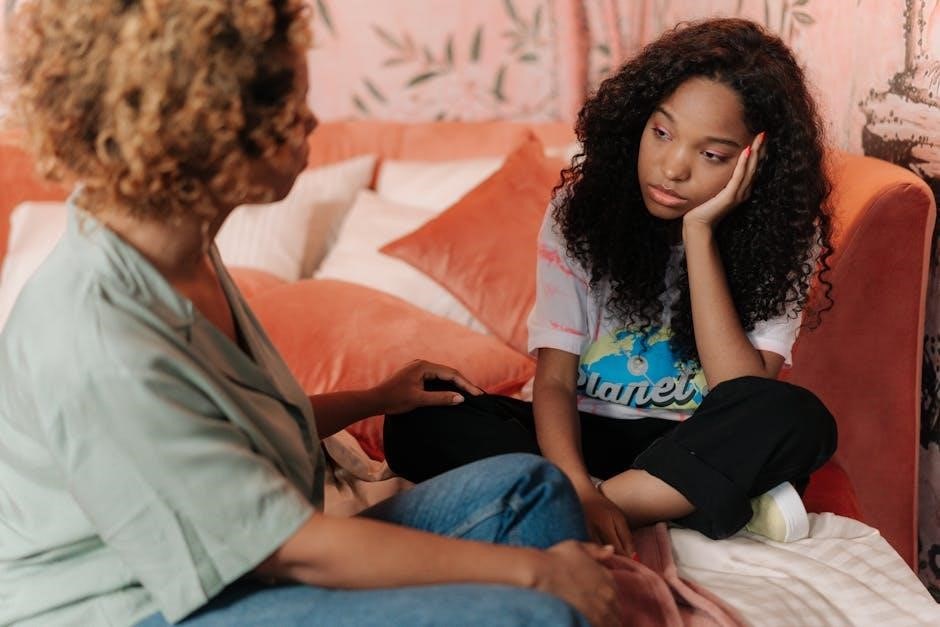
Psychological and Emotional Dynamics
Understanding the emotional and psychological dynamics between Black men and women involves addressing stress, communication gaps, and historical trauma that affect trust and intimacy in relationships.
Understanding the Emotional Needs of Black Women
Black women often seek validation, trust, and respect in relationships, deeply influenced by historical and societal challenges. Open communication and empathy are key to meeting these needs, fostering emotional connection and mutual understanding. By acknowledging the impact of past traumas and stereotypes, Black men can better support their partners’ emotional well-being, creating a foundation for healthier, more fulfilling relationships.
The Role of Communication in Building Healthy Relationships
Effective communication is vital for fostering trust and intimacy in relationships. Open dialogue allows both partners to express emotions, needs, and concerns clearly, promoting understanding and empathy. Historically, societal challenges have often hindered communication between Black men and women, making it crucial to create spaces for honest and respectful conversations. Active listening and expressing vulnerability can strengthen emotional bonds, leading to healthier and more resilient relationships.
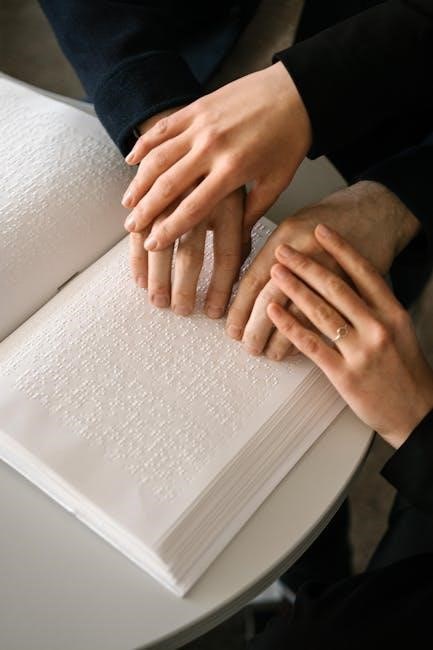
Social and Cultural Factors
Societal expectations and media portrayals often shape perceptions of Black relationships, influencing communication and trust. Cultural norms can create challenges, but understanding these dynamics fosters deeper connections and growth.

Cultural Expectations and Gender Roles in the Black Community
Societal norms and historical influences shape cultural expectations, often defining traditional roles for Black men and women. These expectations, rooted in heritage and community values, can sometimes create tension. Black men are often expected to be providers, while women are seen as nurturers. However, modern perspectives challenge these roles, encouraging equality and mutual respect. Understanding these dynamics helps bridge gaps, fostering healthier relationships. Open dialogue about changing expectations can strengthen bonds and promote unity within the Black community.
The Influence of Media and Society on Black Relationships

Media and societal portrayals often shape perceptions of Black relationships, reinforcing stereotypes that can create misunderstandings and conflict. Negative depictions in media may distort views of Black men and women, perpetuating harmful narratives. Societal expectations further complicate dynamics, as external pressures influence internal relationship dynamics. Challenging these stereotypes and fostering authentic communication are crucial for building healthier, more equitable relationships. By promoting positive representations and open dialogue, Black men and women can work toward mutual understanding and respect.
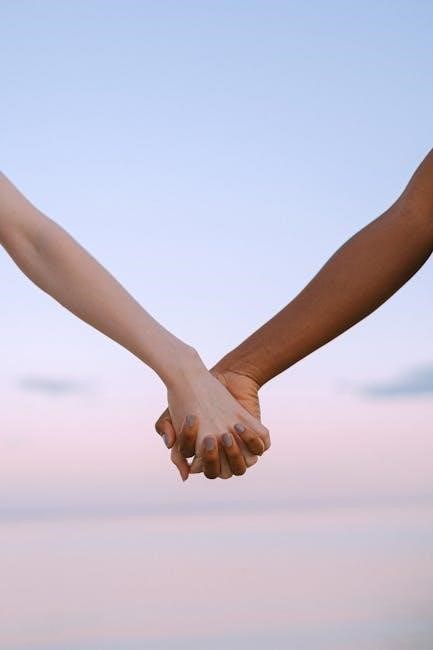
Practical Strategies for Understanding
Effective communication, empathy, and mutual respect are key. Active listening and addressing misunderstandings foster deeper connections, helping Black men and women navigate relationships with greater understanding and harmony.
Active Listening and Empathy in Relationships
Active listening involves fully engaging with your partner, understanding their perspective without interruption. Empathy fosters trust and connection, allowing Black men and women to bridge emotional gaps. By truly hearing and validating each other’s experiences, relationships grow stronger. This mutual understanding helps navigate challenges, fostering a deeper bond and respect. Empathy is key to creating a safe, supportive environment where both partners feel valued and heard, ultimately strengthening the foundation of the relationship.
Addressing Misunderstandings and Conflict Resolution
Addressing misunderstandings requires open communication and a willingness to understand each other’s perspectives. Conflict resolution begins with acknowledging the issue and approaching it calmly. Active listening and empathy are crucial in resolving disputes, ensuring both partners feel heard. By focusing on solutions rather than blame, relationships can grow stronger. Mutual respect and patience are key to navigating disagreements, fostering a deeper understanding and connection between Black men and women.
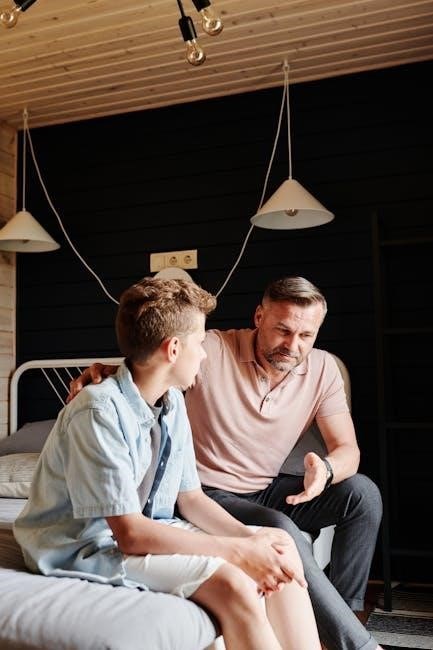
Intersectionality and Identity
Intersectionality and Identity explores how race, gender, and class shape Black women’s experiences, influencing relationships and requiring mindful navigation of societal and historical challenges.
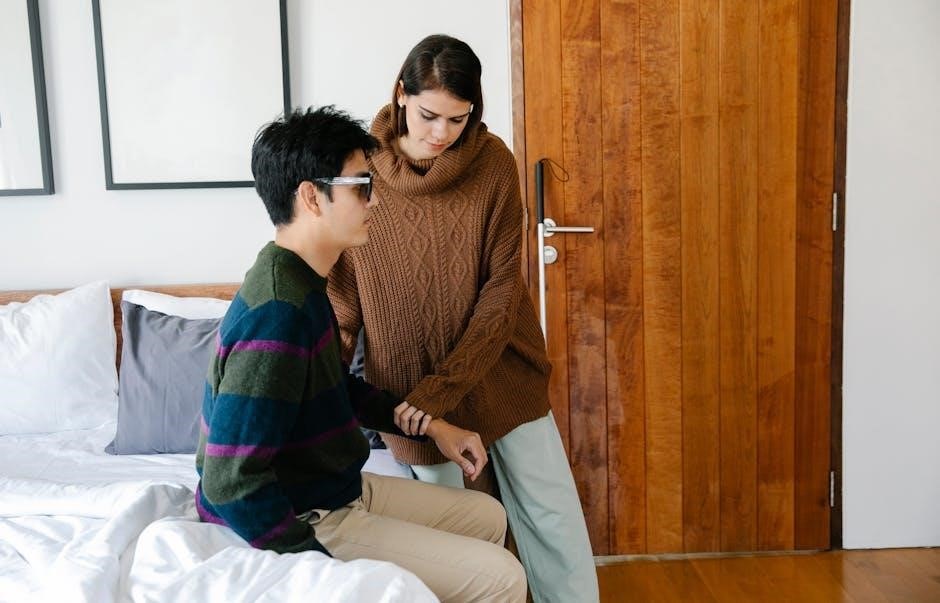
How Race, Class, and Gender Shape Black Women’s Experiences
Race, class, and gender intersect to create unique challenges for Black women, influencing their social, economic, and cultural experiences. These factors shape their identity, opportunities, and interactions, often leading to systemic inequalities. Understanding these intersections is crucial for fostering empathy and support in relationships. Historical and societal structures perpetuate these dynamics, emphasizing the need for awareness and dialogue to address and overcome them.
Navigating Intersectional Challenges in Relationships
Navigating intersectional challenges requires acknowledging how race, class, and gender uniquely impact Black women’s experiences. Open dialogue about these dynamics fosters understanding and empathy. Black men can support by actively listening and validating these experiences, while Black women can share their perspectives to bridge gaps. Mutual respect and a willingness to learn are key to overcoming societal and systemic barriers, creating stronger, more equitable relationships. Collaboration and shared growth are essential for building trust and harmony in the face of intersectional obstacles.
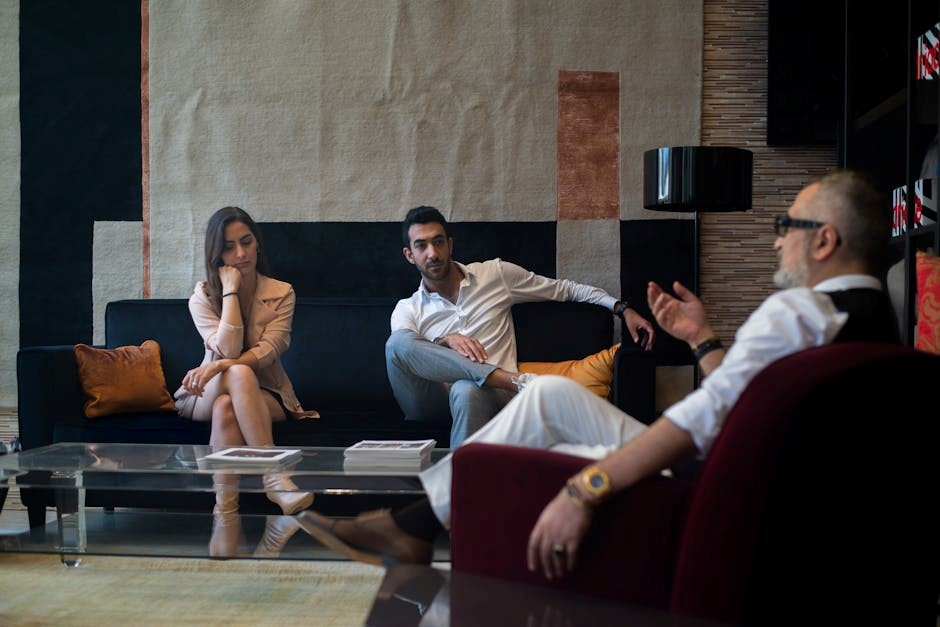
Empowerment and Mutual Growth
Empowerment involves supporting Black women’s ambitions while fostering mutual growth through shared goals and respect. This partnership strengthens both individuals, creating a foundation for lasting, equitable relationships.
Supporting Black Women’s Ambitions and Aspirations
Supporting Black women’s ambitions involves understanding their historical and societal challenges while fostering an environment of open communication and encouragement. By acknowledging their strengths and resilience, Black men can play a pivotal role in helping them achieve their goals. This partnership fosters mutual respect and growth, enabling both individuals to thrive. Encouraging independence and celebrating successes strengthens the bond, creating a foundation for collective success and empowerment in all areas of life.
Fostering a Culture of Respect and Appreciation
Fostering a culture of respect and appreciation involves recognizing the value and contributions of Black women in all aspects of life. By actively listening, validating their experiences, and celebrating their achievements, Black men can create an environment of mutual appreciation. This foundation of respect helps build trust and strengthens relationships, allowing both partners to thrive together. It also encourages open dialogue and empathy, fostering a deeper understanding of each other’s needs and aspirations.
Appreciation is further cultivated through consistent support and acknowledgment of Black women’s resilience and strength. By challenging stereotypes and promoting equality, Black men can help create a culture where Black women feel valued and empowered. This mutual respect and appreciation lay the groundwork for healthier, more fulfilling relationships within the Black community.

Resources for Further Learning
Explore Shahrazad Ali’s The Blackman’s Guide to Understanding the Blackwoman for deeper insights. Join community groups and workshops focused on Black relationships for enriched learning and growth.
Recommended Books and Articles for Deeper Understanding
Shahrazad Ali’s The Blackman’s Guide to Understanding the Blackwoman and The Blackwoman’s Guide to Understanding the Blackman are essential reads for exploring dynamics between Black men and women. These books offer historical context, cultural insights, and practical advice. Additionally, articles from platforms like Understood and community forums provide diverse perspectives. Engaging with these resources fosters empathy and understanding, helping to build stronger, more respectful relationships within the Black community.
Community Groups and Workshops Focused on Black Relationships
Community groups and workshops play a vital role in fostering dialogue and healing within Black relationships. Organizations like the National Black Leadership Initiative and local cultural centers host workshops addressing communication, cultural expectations, and historical impacts. These spaces provide a platform for open discussions, fostering mutual understanding and respect. Many groups also incorporate Shahrazad Ali’s works, sparking meaningful conversations about gender roles and societal influences. Participating in such initiatives can lead to stronger, more empathetic relationships within the Black community.
Emphasizing continuous learning and mutual respect, this guide encourages Black men and women to foster stronger, more empathetic relationships, rooted in understanding and shared growth.
The Importance of Continuous Learning and Growth
Continuous learning is essential for fostering deeper understanding and stronger relationships between Black men and women. By engaging with resources like “The Black Man’s Guide to Understanding the Black Woman,” individuals can gain valuable insights into historical, cultural, and emotional dynamics. This ongoing education helps break down stereotypes and promotes empathy, leading to mutual respect and growth. It encourages individuals to evolve beyond societal narratives and embrace a more authentic connection, fostering healthier relationships within the community.
A Call to Action for Building Stronger Relationships
Take responsibility for understanding and nurturing relationships by embracing open communication, empathy, and mutual respect. Move beyond societal narratives and stereotypes, fostering connections rooted in authenticity. Commit to continuous learning and growth, using resources like The Black Man’s Guide to Understanding the Black Woman as tools for deeper insight. By prioritizing collective well-being and addressing challenges with unity, we can create a foundation for healthier, more fulfilling relationships within the Black community, benefiting individuals and society as a whole.